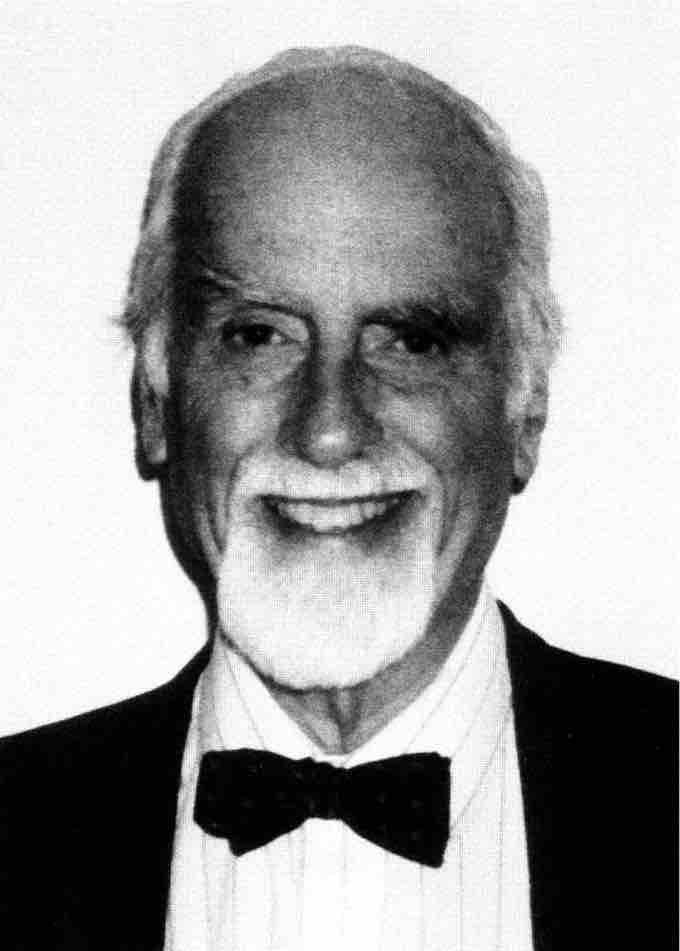Psychologist David McClelland developed Need Theory, a motivational model that attempts to explain how the needs for achievement, power (authority), and affiliation affect people's actions in a management context. Need Theory is commonly often taught in management and organizational-behavior classes.

David McClelland
Psychologist David McClelland created Need Theory.
Achievement
People who are strongly achievement-motivated are driven by the desire for mastery. They prefer working on tasks of moderate difficulty in which outcomes are the result of their effort rather than of luck. They value receiving feedback on their work.
Affiliation
People who are strongly affiliation-motivated are driven by the desire to create and maintain social relationships. They enjoy belonging to a group and want to feel loved and accepted. They may not make effective managers because they may worry too much about how others will feel about them.
Power
People who are strongly power-motivated are driven by the desire to influence, teach, or encourage others. They enjoy work and place a high value on discipline. However, they may take a zero-sum approach to group work—for one person to win, or succeed, another must lose, or fail. If channeled appropriately, though, this can positively support group goals and help others in the group feel competent about their work.
Application of Need Theory
Need Theory does not claim that people can be categorized into one of three types. Rather, it asserts that all people are motivated by all of these needs in varying degrees and proportions. An individual's balance of these needs forms a kind of profile that can be useful in determining a motivational paradigm for them. It is important to note that needs do not necessarily correlate with competencies; it is possible for an employee to be strongly affiliation-motivated, for example, but to still be successful in a situation in which his affiliation needs are not met.
McClelland proposes that those in top management positions should have a high need for power and a low need for affiliation. He also believes that although individuals with a need for achievement can make good managers, they are not generally suited to being in top management positions.